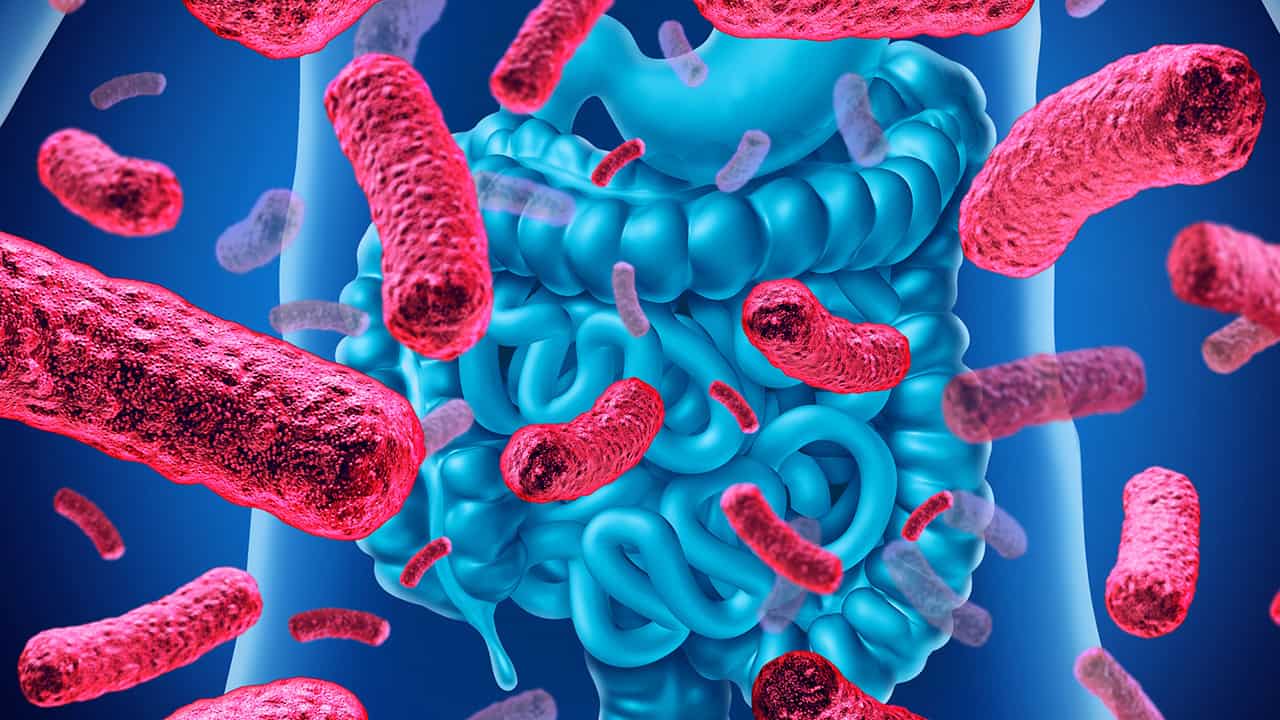Mediterranean diet and gut microbiota
Ageing is accompanied by deterioration of multiple bodily functions and inflammation, which collectively contribute to frailty. Several studies have shown that increased adherence to the Mediterranean diet is linked to reduced frailty. In addition, higher level adherence to the Mediterranean diet has been associated with beneficial changes in gut microbiome composition and increased levels of short chain fatty acid, with anti-inflammatory properties.

A recent study published on the journal Gut investigated if a 1-year intervention with the Mediterranean diet could alter the gut microbiota and reduce frailty. In particular, the gut microbiota of 612 old subjects from 5 European countries has been analyzed before and after the administration of a Mediterranean diet. After 1-year intervention, adherence to the diet resulted to be associated with specific microbiome alterations. In particular, taxa enriched by adherence to the diet were positively associated with several markers of lower frailty and improved cognitive function, and negatively associated with inflammatory markers including c-reactive protein and interleukin-17. The analysis of the microbial metabolite profiles indicated that the diet-modulated microbiome change was associated with an increase in short-chain fatty acids production and lower production of secondary bile acids, p-cresols, ethanol and carbon dioxide, substances associated with adverse health outcomes.
Authors concluded that adherence to a healthy dietary pattern, characterized by large quantities of plant-based food and lower quantities of animal-derived foods, such as the Mediterranean diet, could positively modulate the gut microbiota which in turn has the potential to promote healthier ageing, confirming once again the multiple positive effects of this dietary pattern.
Source: Ghosh TS, Rampelli S, Jeffery IB, et al. Mediterranean diet intervention alters the gut microbiome in older people reducing frailty and improving health status: the NU-AGE 1-year dietary intervention across five European countries. Gut 2020; 69: 1218-1228.



